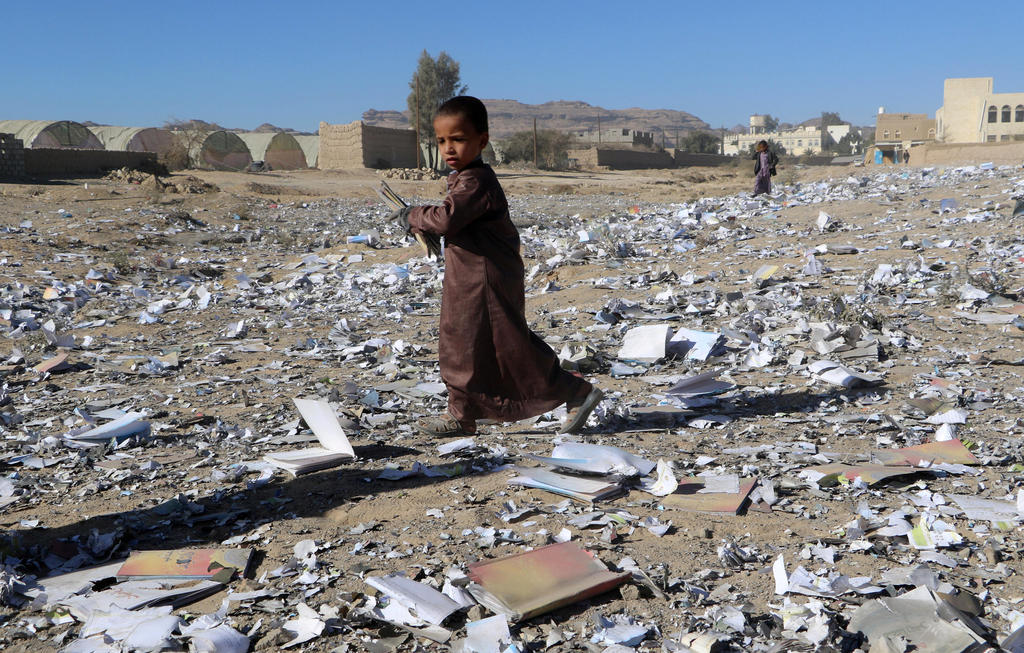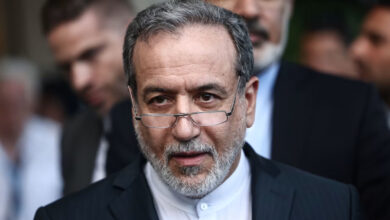
A military coalition led by Saudi Arabia said on Monday it would commit $1.5 billion in new humanitarian aid for Yemen where it is supporting the internationally recognized government against Iran-aligned Houthis in a three-year-old civil war.
The US-backed alliance, which also includes the United Arab Emirates, said in a statement it would operate an air bridge to Marib, set up 17 overland corridors for aid deliveries and lead the expansion of additional Yemeni ports to receive humanitarian and essential cargo.
“We are backing a professionally planned and detailed humanitarian mission with military power and precision to guarantee that the humanitarian aid reaches the people who need it to lift their suffering,” said spokesman Colonel Turki al-Maliki.
Yemen is the world’s worst humanitarian crisis, where 8.3 million people are entirely dependent on external food aid and 400,000 children suffer from severe acute malnutrition, a potentially lethal condition, according to the United Nations.
The coalition has already pumped billions of dollars worth of aid into the country, yet the war has still cut food deliveries by more than half and pushed the Arabian Peninsula’s poorest country to the edge of famine with outbreaks of cholera and diphtheria.
The new aid program seeks to boost monthly imports to 1.4 million metric tons from 1.1 million last year, the statement said.
An accompanying graphic suggested that overland delivery routes would extend into northern territory held by the armed Houthi movement, which is fighting the government of President Abd-Rabbu Mansour Hadi based in the south.
Last week, Saudi Arabia deposited $2 billion in Yemen’s central bank after the Yemeni prime minister made a public plea for funds to prop up the currency and help stave off hunger.
Monday’s announcement comes as Saudi Arabia and its allies face mounting criticism – including from US and European partners – over the civilian toll of the conflict, in which more than 10,000 people have been killed by coalition air strikes and fighting on the ground.
The coalition, under international pressure, eased a three-week blockade imposed on Yemeni ports and airports in November in response to a ballistic missile fired by the Houthis toward the Saudi capital Riyadh.
US President Donald Trump last month called for Saudi Arabia to immediately allow humanitarian aid to reach the Yemeni people, suggesting Washington had run out of patience with the blockade.
The war’s heavy toll on civilians has long been a sore point with members of Congress, triggering threats to block US assistance to the coalition including refueling of jets and limited intelligence support.




